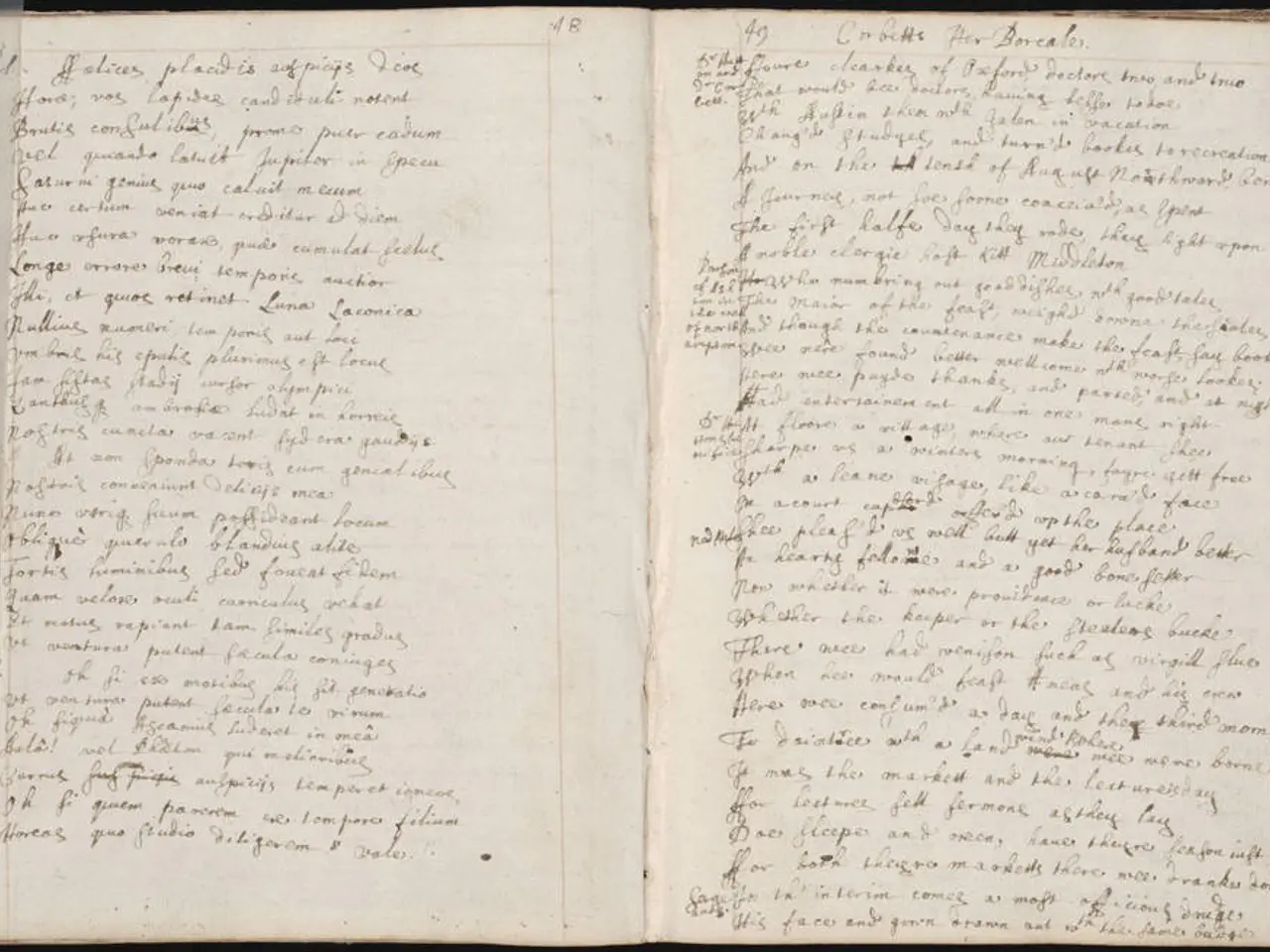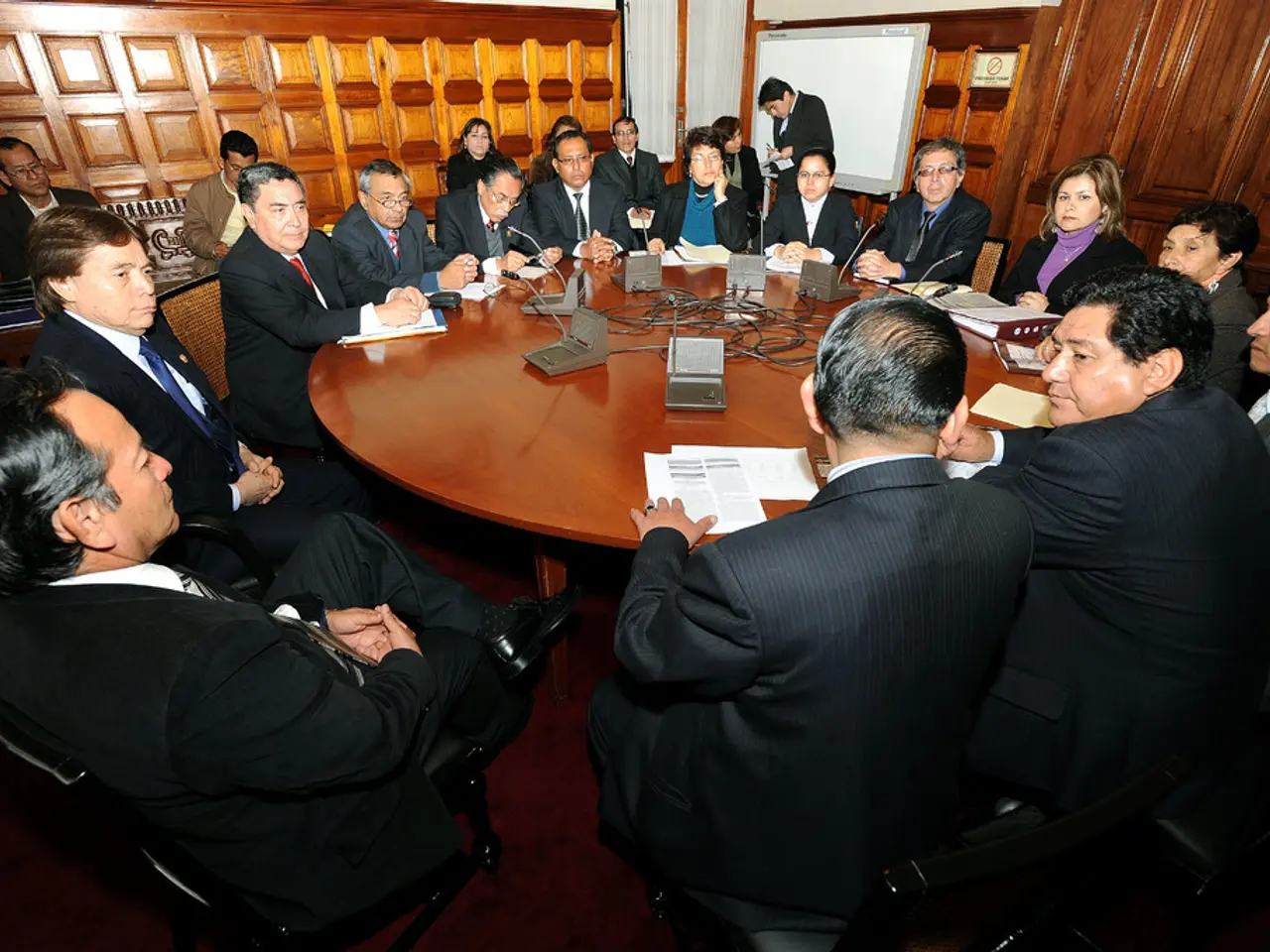Judiciary Changes Course: Recall of Justice Kumar Ban by the Supreme Court Signifies a Notable Shift in Judicial Direction
Supreme Court of India Recalls Ban on Justice Prashant Kumar
The Supreme Court of India has recalled its earlier order that had banned Justice Prashant Kumar of the Allahabad High Court from hearing criminal cases until retirement. This decision came after a request from Chief Justice of India BR Gavai, who intervened by sending an undated letter urging reconsideration of the prior restrictive order passed on August 4, 2025.
The Supreme Court bench, after reconsideration, set aside its own previous judgment and removed all adverse remarks against Justice Kumar. The Court emphasized that it does not intend to interfere with the administrative authority of the Chief Justice of the Allahabad High Court, confirming the Chief Justice as the master of the roster.
This incident underscores the delicate balance between the Supreme Court’s supervisory role and the administrative autonomy of High Court Chief Justices, especially concerning roster management and judicial assignments. The recall illustrates the importance of internal checks and reconsideration within the judicial hierarchy, showing the Supreme Court’s willingness to revisit and reverse its orders to uphold judicial propriety.
The case highlights how judicial discipline related to case assignments and judicial conduct may require careful procedural safeguards before imposing restrictions such as bans from hearing certain classes of cases. Misinterpretation of civil and criminal jurisdiction can invite strong censure, even if not disciplinary action.
From a governance perspective, the case may accelerate discussions on making judicial training programs mandatory for both high court and lower court judges. Decisions like the Supreme Court recall of Justice Kumar ban carry symbolic weight for judicial accountability and process integrity in India’s high-volume judicial system.
The National Judicial Data Grid reports that high courts across India dispose of an average of 1.8 million cases annually, with over 4.5 million pending. The case has been remanded to the Allahabad High Court for fresh consideration.
The Supreme Court's initial ruling on August 4 had sharply criticized Justice Kumar for upholding a criminal summons in a case involving M/S Shikhar Chemicals and Lalita Textiles. The ruling was set aside on August 8. The bench acknowledged the CJI's request and stated that they had no intention of encroaching upon the administrative authority of the Chief Justice of the Allahabad High Court.
Judges must discharge their duties with diligence and efficiency to maintain the rule of law. The episode affirms that in the complex architecture of India's justice system, self-correction remains one of its most powerful safeguards. Judges may feel reassured that administrative autonomy remains protected following the Supreme Court recall of Justice Kumar ban. Citizens may view the Supreme Court recall of Justice Kumar ban as an example of institutional maturity.
The decision to recall the ban was made to avoid infringing on the administrative powers of the Allahabad High Court. Future high court rulings in borderline civil-criminal disputes may show greater adherence to procedural propriety. The episode might prompt the Supreme Court to adopt a more measured approach in framing critical remarks against individual judges.
The underscoring event underscores the delicacy in balancing the Supreme Court's supervisory role and the administrative autonomy of High Court Chief Justices, particularly in matters concerning roster management and judicial assignments. This executive recall of Justice Kumar's ban showcases the importance of internal checks, reconsideration, and self-correction within the judicial hierarchy, emphasizing the Supreme Court's willingness to revisit and reverse its orders to maintain judicial propriety.
This case could potentially stimulate discourses on the imposition of mandatory judicial training programs for high court and lower court judges in India, as decisions like the Supreme Court recall of Justice Kumar's ban hold symbolic weight for upholding judicial accountability and process integrity within its high-volume judicial system.







